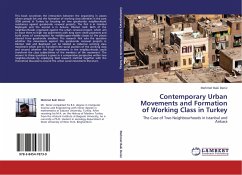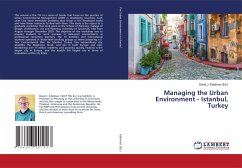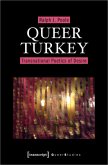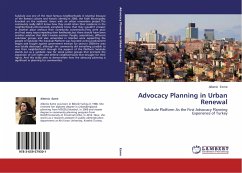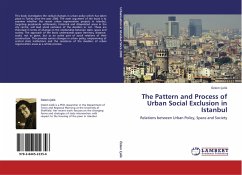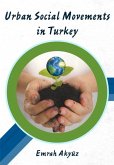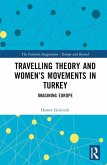This book scrutinizes the interaction between the organizing in places where people live and the formation of working class identities in the post 2000 period in Turkey by focusing on two gecekondu neighborhood resistances against gecekondu renewal projects. The first is in Istanbul Ba büyük and the second is in Ankara, Dikmen Vadi. Both of the neighbourhoods organized against the urban renewal project, which aim to move them to high rise apartments with long term credit payments and build zones of consumption for middle/upper-middle classes to the places cleared from gecekondu dwellers. The research first asks the question whether the movements against the gecekondu renewal projects in Dikmen Vadi and Ba büyük can be labeled as collective working class movement which aim to transform the social position of the working class and second whether the local movements in the neighborhoods could transform the class subjectivities of the members of the movement. The answer to these questions is given in a comparative perspective within two neighbourhoods by employing field research method together with the theoretical discussions around the urban social movements literature.
Bitte wählen Sie Ihr Anliegen aus.
Rechnungen
Retourenschein anfordern
Bestellstatus
Storno

